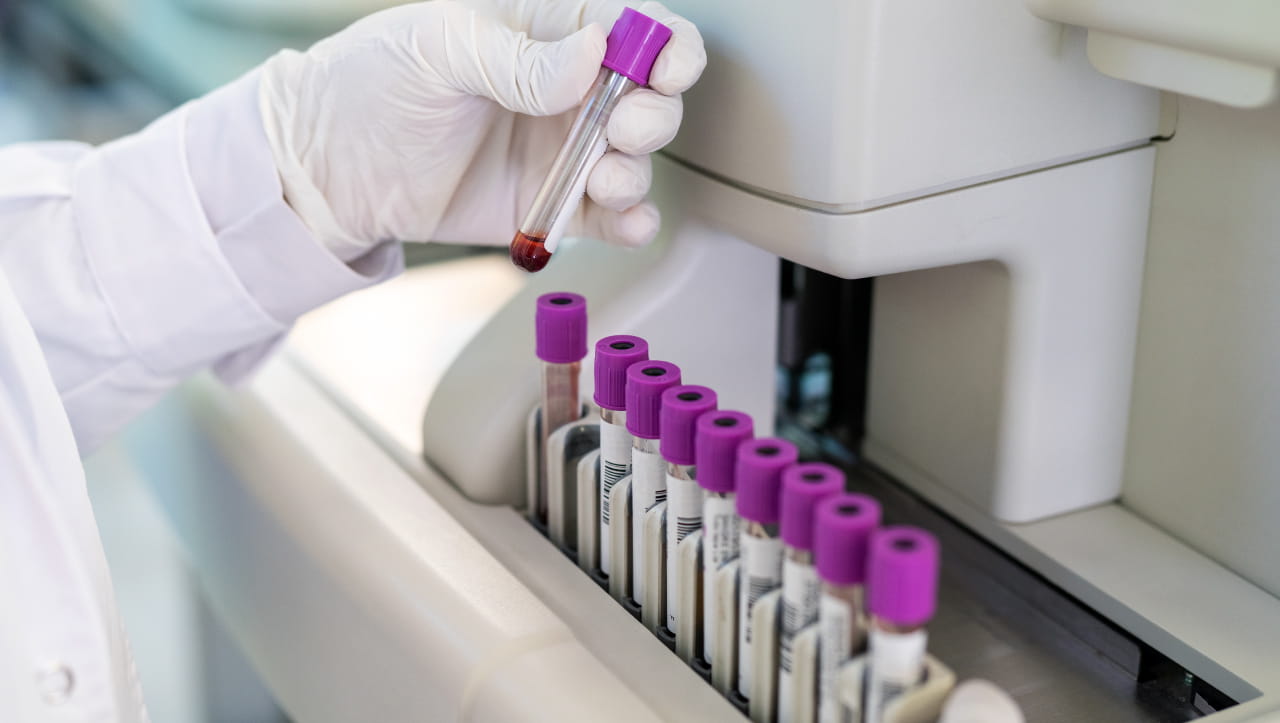Article

Even with meticulous preparation, unexpected challenges can emerge during a clinical trial – a reality that has only been further exacerbated by the disruptive impact of the COVID-19 pandemic on global clinical trial logistics and research. Additionally, when a clinical trial becomes in need of rescuing, time becomes an incredibly important resource. It is no wonder then that many rescue studies also opt to become expedited studies. In such scenarios, it is critical to understand the factors that have led to a study needing rescue and to carefully plan and select the path forward to get the study back on track.
As noted above, COVID-19 has played a critical role in disrupting many clinical trial studies across the globe. For example, the National Institutes of Health (NIH) reported that during the initial months of the pandemic, an average of 1,147 trials a month were stopped as compared to an average rate of 638 trials a month in the pre-pandemic period – implying a significant slowdown in research activity.
Here are just a few of the ways COVID-19 disrupted clinical trials and caused many to need a rescue study protocol:
Resource Allocation: Healthcare resources were diverted to manage COVID-19 patients, affecting the availability of personnel, equipment, and facilities for non-COVID clinical trials. According to the NIH, there was a 60% decrease in the number of phase 1-4 oncology trials alone during January – May 2020 compared with the pre-pandemic period.
Patient Enrollment: Fear of contracting the virus and restrictions on movement led to challenges in recruiting and retaining participants for clinical trials.
Data Quality Concerns: Remote data collection and monitoring introduced challenges related to data integrity and quality control.
Overall, the COVID-19 pandemic forced the clinical trial industry to adapt rapidly to unprecedented challenges while also highlighting areas for improvement in trial design, execution, and regulatory processes. As a result, many trials found themselves in need of rescue and expedited efforts.
While we have already published an article on understanding how to rescue a clinical study, we want to dive into expediting that process and the important considerations to keep in mind when doing so.
Regulatory Compliance: Ensure that expediting the clinical study does not compromise regulatory requirements. All processes should adhere to local, national, and international regulatory standards and guidelines.
Quality Assurance: Assess your expedite partner for high-quality standards throughout the expedited process to ensure accurate and reliable results. This includes appropriate training for staff, adherence to standard operating procedures (SOPs), and regular quality control checks.
Resource Availability: Assess whether the necessary resources, including equipment, personnel, and materials, are available to expedite the study without compromising quality or safety.
Risk Assessment: Conduct a thorough risk assessment to identify potential risks associated with expediting the study, such as errors in data collection, sample handling, or analysis.
Protocol Adaptations: Determine if any modifications to the study protocol are necessary to expedite the process while still achieving the study objectives. Any protocol changes should be carefully evaluated for their impact on the validity of the results. A trusted expedite partner can help you examine and adjust your protocol accordingly.
Timeline and Budget: Evaluate the feasibility of expediting the study within the desired timeline and budget constraints.
Communication and Collaboration: Ensure effective communication and collaboration among all stakeholders, including sponsors, investigators, central lab staff, and regulatory authorities, to streamline the expedited process and address any challenges that may arise. Examine your expedite partner for the cadence of communication they plan to have with you to ensure your study stays on track.
Your Partner in the Fast Lane
The ACM expedited clinical trials process shaves at least TWO WEEKS off of our standard timelines.
At ACM Global Laboratories, we are here to help facilitate your clinical trial study in an expedited fashion. We assess each expedited clinical study request individually to ensure we are aligning the right resources to get your study moving quickly to deliver according to submission timelines, working with you to create a customized plan focused on the quality, and expertise your study demands.